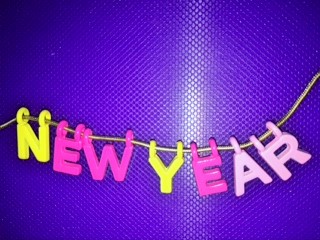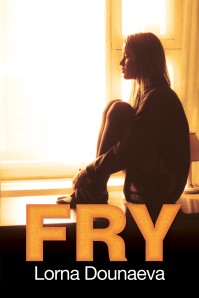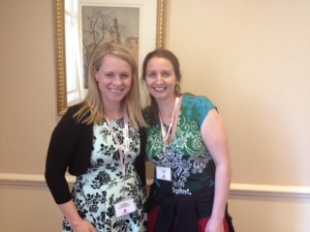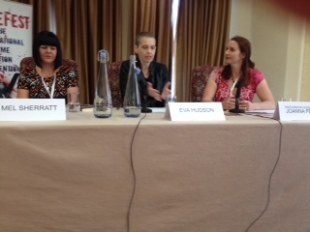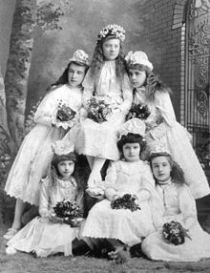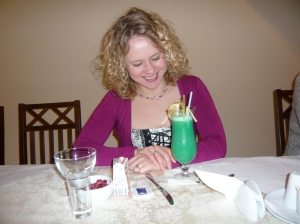In 2015, I will be more careful with my time. I want to work in a way that is more effective, creative and efficient.
1. Outsource more
This year I will increasingly outsource the work I don’t want to do and look for new opportunities in self publishing. I will consider outsourcing anything that takes me away from the actual business of writing. I am doing some of these I outsource already. But I intend to do more:
- Editing
- Proofreading
- Cover Design
- Formatting
- Audio recording
- Marketing
- Advertising
- Research
- Translations
- Foreign Rights
2. Work on simultaneous projects.
I find that is easier to stay inspired if I dip between projects. I will have one main project at a time, but I’ll allow myself half an hour here and there to dip into something else if I want to. It’s not that different to spending a little time on social media or blogging. I see it as a way to warm up before starting work, or as an alternative if my attention is flagging. The main thing is to make the most of the time I have for writing.
3. Blog for readers, not for writers
I started Self Publish Bible at the beginning of my self-publishing career, when I was still had everything to learn about the business. A couple of years in, I feel my focus has changed. I have a little bit more experience and although the world is constantly changing, I know where to go for good information. You can’t beat blogs like The Creative Penn. There are also some great podcasts – I love Rocking Self Publishing and The Self-Publishing Podcast; a great mix of enthusiasm, information and entertainment. I still like to talk to other indie authors and swap ideas, but I don’t need to do that on my blog.
So I’m starting a new blog.
Lorna Breaks Stuff is aimed at my fiction readers. It will be light-hearted and fun, with lots of colourful pictures. It should be an enjoyable way to keep in touch with readers without bombarding them with emails.
What do you think of my new year’s resolutions? Are you making any yourself?

